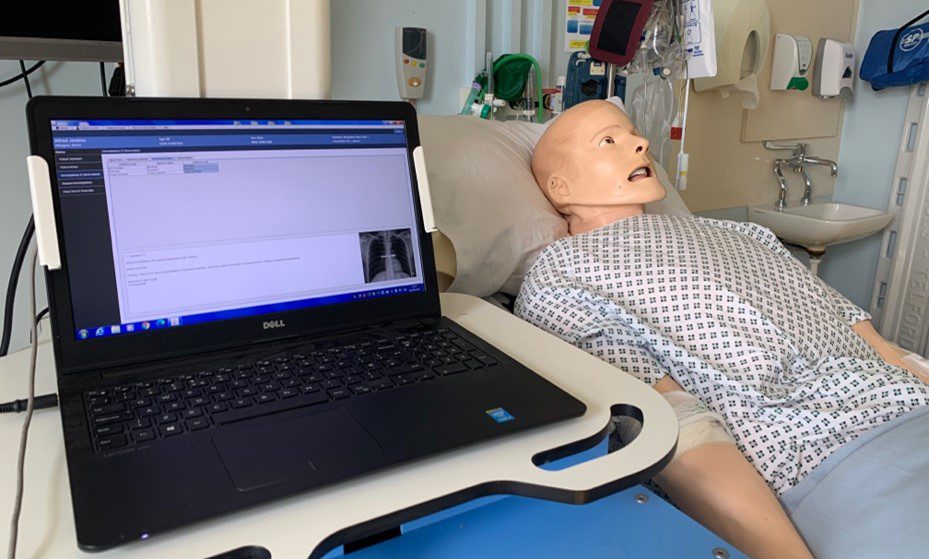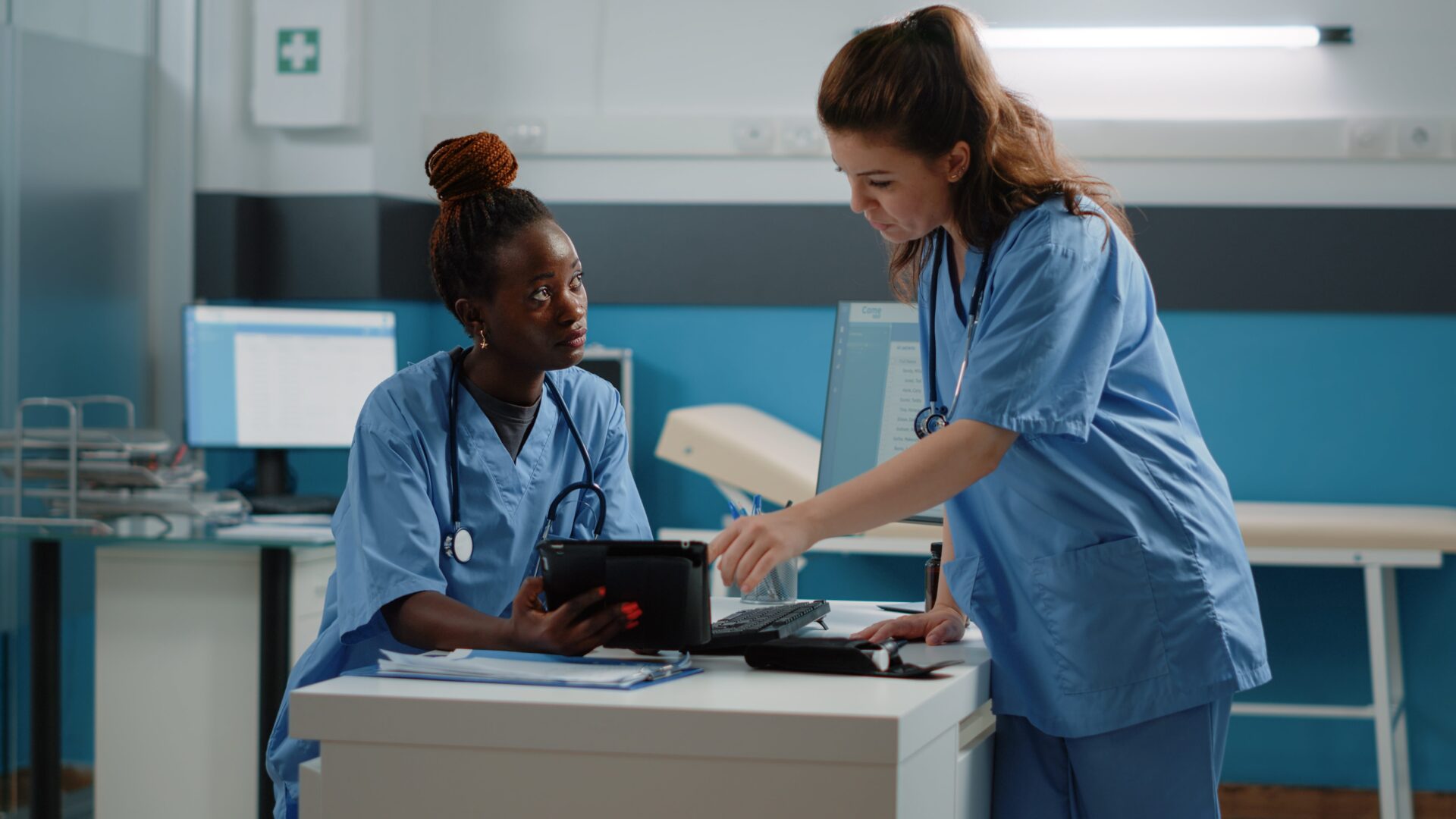Summary
Developing a digital simulation of the Electronic Patient Record that can be used in training, to prepare trainee doctors and healthcare professionals to enter the live hospital situations in which EPR is used. Current training still uses outdated paper systems, and trainees are unprepared for the digital systems.
"
Really useful and clear EPR system that was easy to use. Resembled real life and was an efficient system with all the key functions available for prescribing, note taking and ordering investigations.
"
A F1 doctor at University Hospitals Sussex NHS Foundation Trust
What the project involved
In line with the NHS Long Term Plan, electronic systems are becoming increasingly common in healthcare settings, but practical medical education in the UK continues to use paper-based methods.
SimEPR aims to address this ‘digital gap’ in clinical training by creating an educational experience that is more representative of true clinical practice and additionally equips future workforce with the skills to safely and confidently use electronic patient records. In turn, this will optimise patient outcomes by reducing the incidence of electronic system-related clinical errors.
SimEPR is an educational electronic patient record, featuring customisable patient scenarios, which can be integrated into routine simulation training for medical students and healthcare professionals. The technology replicates electronic notes, drug charts, observations and clinical investigations. In addition, it offers the ability to generate electronic prescriptions, electronic documentation and request investigations that update in real-time, so trainees can review the results of tests they have requested.
SimEPR was developed by Dr Arron Thind, a GP trainee. Throughout his training, he noticed a discrepancy between the use of electronic systems in clinical practice and the use of paper-based methods in routine medical training.
Kent Surrey Sussex AHSN has helped his work with peer support through its Innovation Leads Network and facilitated introductions to local medical schools and simulation experts.
Outcomes
Across four medical simulation centres piloting the solution, 140 medical students/junior doctors have used SimEPR during their simulation training to-date (June 2022). Multicentre data revealed clear benefits to simulation training:
- 86% of trainees reported SimEPR created a more realistic training experience
- 82% of trainees reported SimEPR helped augment their clinical learning
- 86% would recommend their department continues to use SimEPR for future simulation training.
Dr Thind has benefited from national innovator programmes, and worked with London South Bank University’s Simulation for Digital Health Accelerator and South East Health Technologies Alliance to build on the software’s capabilities and expand pilot sites.
With the support from KSS AHSN, SimEPR was deployed as part of a six-month pilot in Brighton and Sussex Medical School in September 2021, leading to a commercial agreement to use SimEPR for medical student and junior doctor training in the longer-term.
Next steps
SimEPR is being expanded geographically across other simulation centres, and in functionality to allow medical educators to create and customise the scenarios. In addition, it has potential to be used to standardise the delivery of simulation training in line with the latest UK Foundation Programme curriculum.







